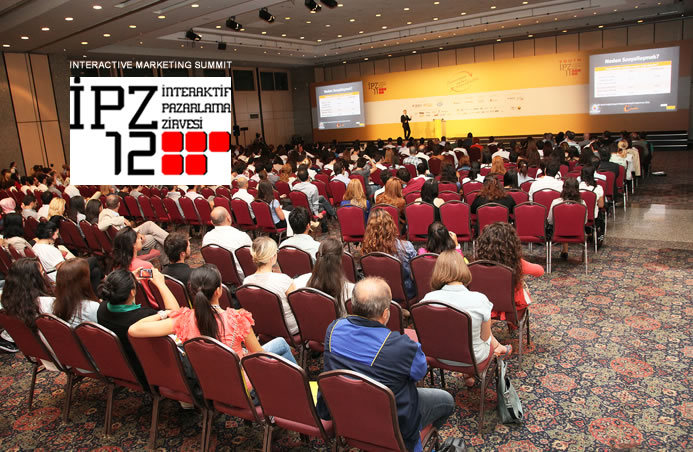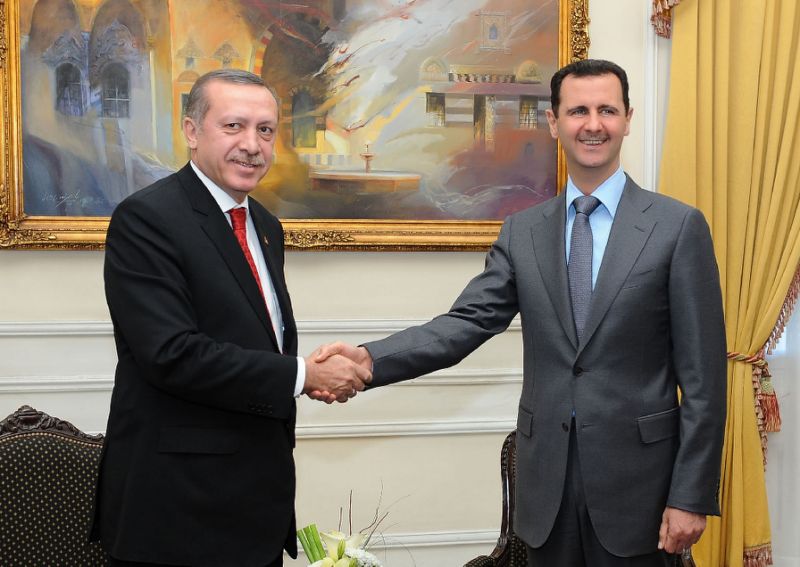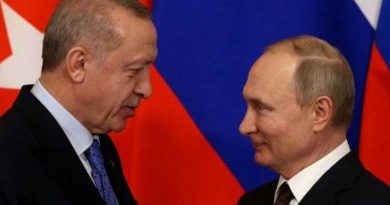Turkish government receives criticism back home for its hard line on Syria
 The Turkish government may have won Western plaudits for its outspoken criticism of the Syrian regime but it stands accused in some quarters back home of losing influence over its neighbor as a result.
The Turkish government may have won Western plaudits for its outspoken criticism of the Syrian regime but it stands accused in some quarters back home of losing influence over its neighbor as a result.
ANKARA- Once regarded as a friend and ally of Syrian President Bashar Assad, Turkish Prime Minister Recep Tayyip Erdogan has not only called on him to quit but charged that his administration “mercilessly murders its own citizens”.
Although Erdogan himself is absent for health reasons from Friday’s first meeting of the “Friends of Syria”, his Foreign Minister Ahmet Davutoglu will join the meeting of Western powers and Syrian opposition groups in Tunis.
Public opinion towards the Assad regime has also hardened in Turkey after a busload of Turkish pilgrims returning from the Hajj in Saudi Arabia came under attack by gunmen in Syria. But influential voices say that the government’s policy is short-sighted and it has sacrificed its leverage over Damascus by siding so openly against it.
The academic Gokhan Bacik raised eyebrows by recently challenging the official line in an article entitled “Did Turkey misfire in the Syrian crisis?” published in a pro-government daily.
Speaking to AFP, Bacik said that the government had not thought through the consequences of its actions. “Turkey was too quick to put all its cards on the table. It acted in haste, without thinking,” he said. “For now the Syrian regime is not ready to quit or to be toppled… (but) Turkey no longer has means to influence the Syrian regime.”
Kemal Kilicdaroglu, Turkey’s opposition leader, said that the government would be better off trying to keep dialogue going not only with Damascus but also reach out to countries such as Iran and Russia which are allies of Syria. “Turkey could make a serious opening if it convenes a meeting in Istanbul with both the Syrian opposition and representatives of Assad, as well as Russia and Iran,” he said in an interview with the English-language Hurriyet Daily News. “An intervention in Syria could stir up not only Syria but Turkey as well, and lead to serious disturbances in the Middle East. “People are worried whether the global playmakers are really on the side of human rights,” he added.
During the initial phase of the Syrian uprising last March, Turkey pursued a policy of engagement, urging the Damascus regime to end the deadly crackdown and pave the way to political reforms. But Assad failed to pay heed to such calls, prompting the Turkish government to cut off ties in September and open its doors to a growing number of dissidents.
Turkey’s hard line against Damascus has irked two of its other neighbors, Iran and Iraq, which are both allies of Syria. Like Iran, Iraq is ruled by Shiites while Syria is led by the Alawite minority, an offshoot of Shia Islam. Turkey is largely a Sunni Muslim country.
In contrast, Turkish policy now overlaps that of the United States, to the obvious satifaction of Washington. As a US diplomat, who wished to remain anonymous, said: “Both countries, members of NATO, are on the same line on Syria and call on President Assad to quit.”
In his column in the daily newspaper Today’s Zaman, the columnist Sahin Alpay praised the administration’s “sympathy” towards Syrian opposition. But he cautioned against Turkey allowing itself to be sucked into any kind of military intervention. Turkey did not take part in the NATO air campaign against Moamer Kadhafi’s regime but did provide logistical support. Turkey should “stay away from any unilateral or multilateral military intervention in Syria, which may lead to not only a civil war but a regional armed conflict,” said Alpay.
24.02.2012
SOURCE: CUMHURIYET ENGLISH





